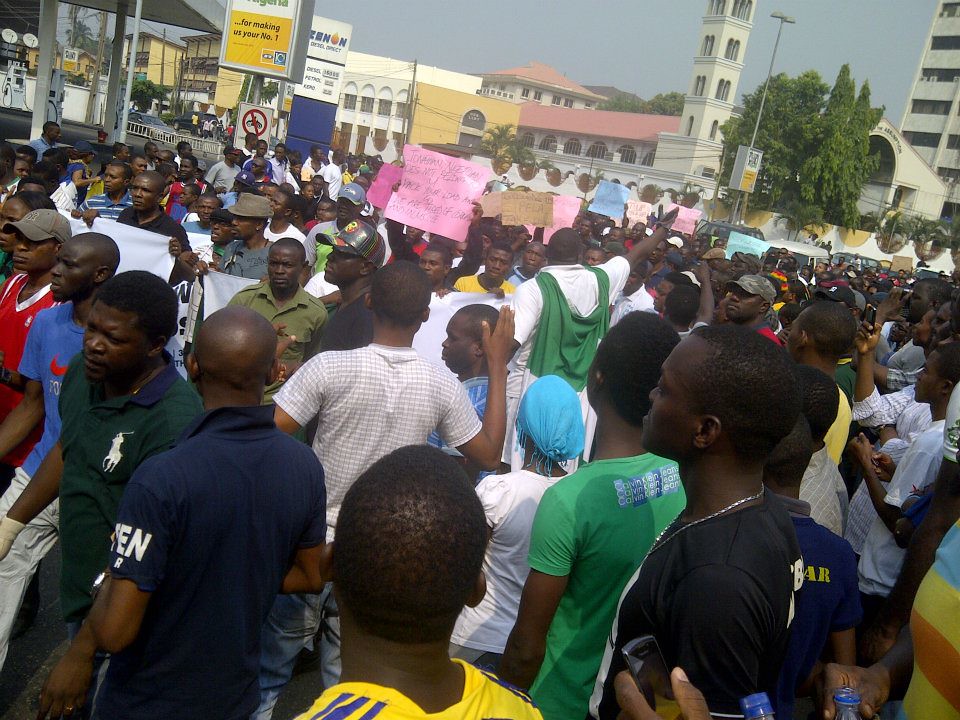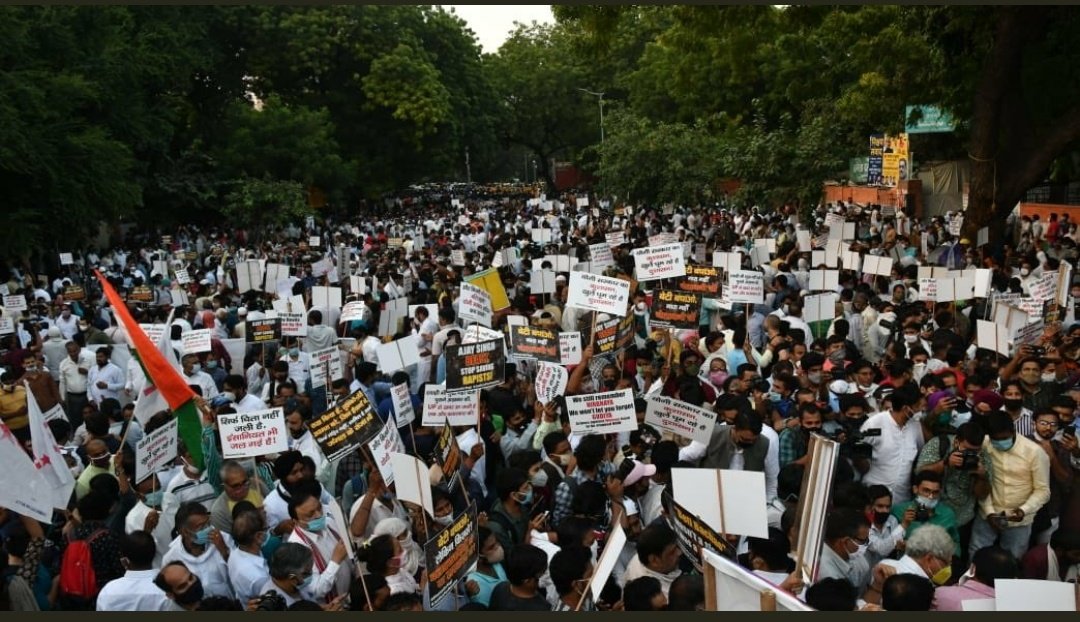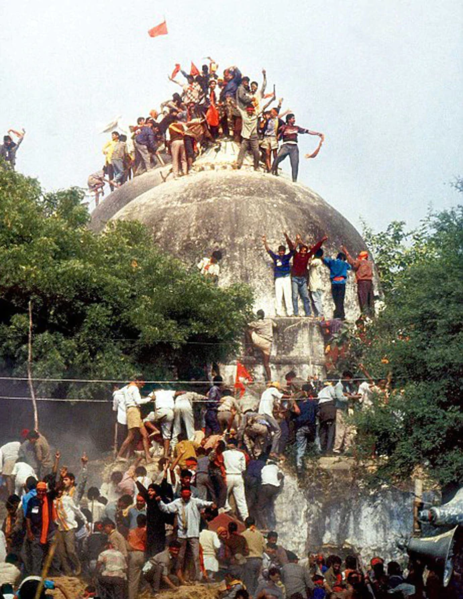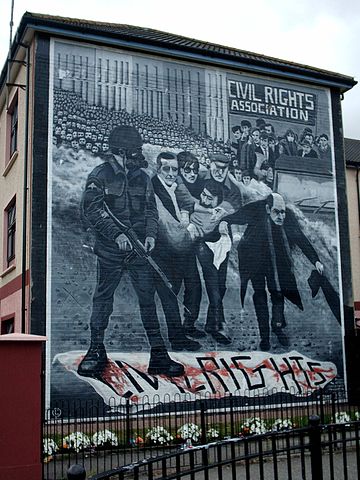British company sued over alleged systematic human rights abuses in Kenyan avocado farm
![]()
Allegations of systematic violence against a local community in Kenya by guards working for an avocado farm, Kakuzi, that supplies UK supermarkets have resulted in a lawsuit against the farm’s British parent company, Camellia. 79 claims of “extreme violence”, dating from 2009 to January 2020 were found. Claimants include former employees of Kakuzi.
It is reported that the alleged violence, include the rapes of 10 women, and attacks on villagers walking on paths through the farm. Among the victims is a 28-year-old man who was battered to death by the farm’s security guards for allegedly stealing avocados. The guards told the police the man had sustained the injuries from falling off a tree. The mother of the 28-year-old is one of the claimants who rejected Kakuzi representative’s attempts to settle the civil case with her former partner.
Although a visiting UN team found “credible accounts” of abuse, and urged Kakuzi to investigate the matter in 2018, evidence suggests that attacks continued until this year.
The UK law firm that has brought the lawsuit claims that Camellia was negligent in that ‘it managed Kakuzi closely and executives worked for both companies and would have been aware of incidents of human rights abuses’. Mary Kambo, a programme manager at the Kenyan Human Rights Commission reported that the UK retailers, which include Lidl, Tesco, and Sainsbury’s, were aware of the complaints and were “flouting principles of responsible business conduct that require sourcing companies to ensure that their supply chains are devoid of human rights violations”.
Camellia, which has farming interests in many other Commonwealth countries, like India, Bangladesh and Malawi, denies responsibility for Kakuzi’s human rights violations. It said in a statement that it “doesn’t have operational or managerial control of Kakuzi, nor does it control the board”.
Read more from the Times here.



















